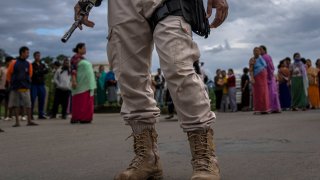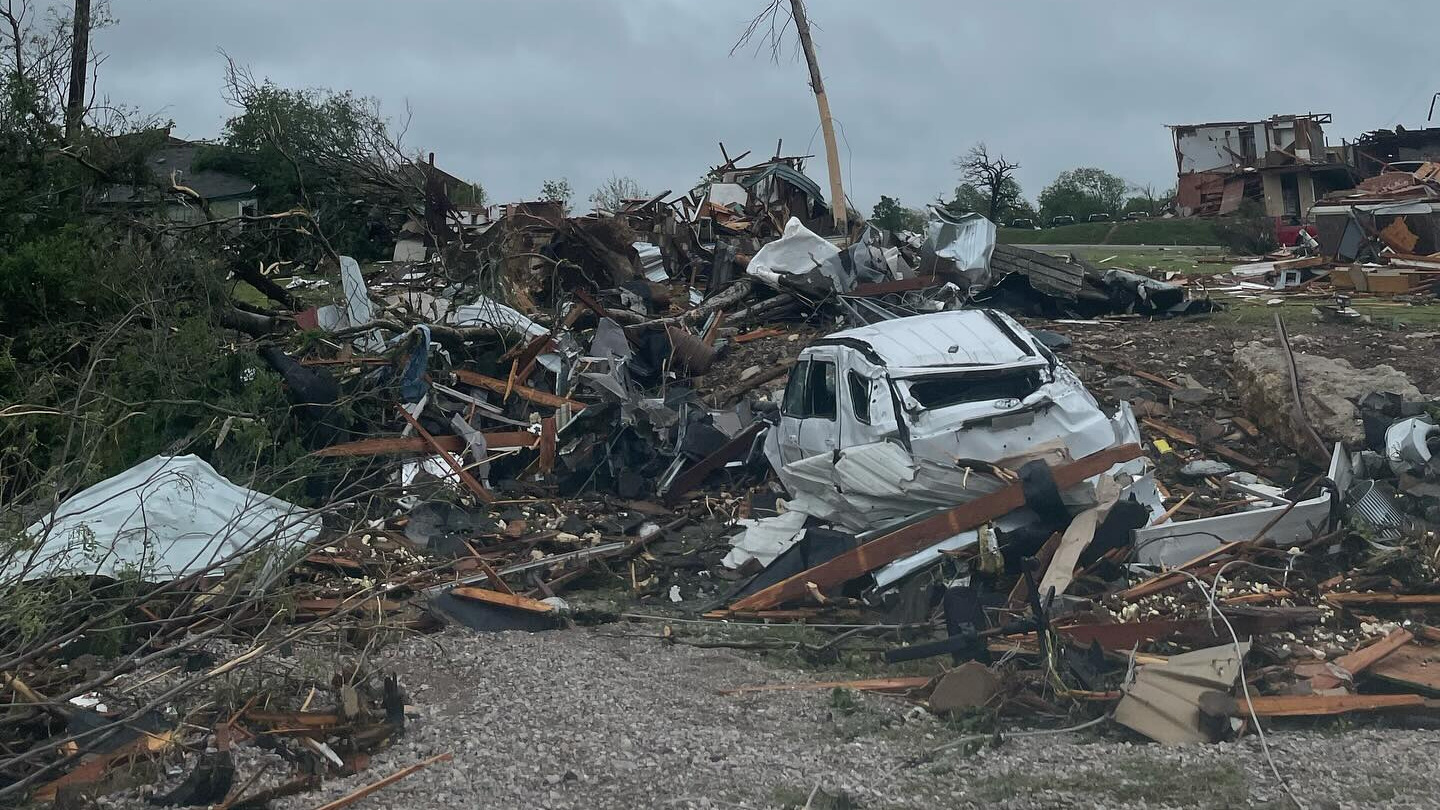
Prime Minister Narendra Modi broke more than two months of public silence over deadly ethnic clashes in India's northeast, saying Thursday that the assaults of two women as they were being paraded naked by a mob in Manipur state were unforgivable.
A video showing the assaults triggered massive outrage and went viral late Wednesday despite the internet being largely blocked and journalists being locked out in the remote state. It shows two naked women being surrounded by scores of young men who grope their genitals and drag them to a field.
“The guilty will not be spared. What has happened to the daughters of Manipur can never be forgiven,” Modi told reporters ahead of a parliamentary session in his first public comments related to the Manipur conflict.
He urged heads of state governments to ensure the safety of women and said the incident is “shameful for any civilized nation.”
Get a weekly recap of the latest San Francisco Bay Area housing news. Sign up for NBC Bay Area’s Housing Deconstructed newsletter.
“My heart is filled with pain and anger,” he said.
The violence depicted in the video was emblematic of the near-civil war in Manipur that has left more than 130 people dead since May, as mobs rampage through villages killing people and torching houses. The ethnic violence was sparked by an affirmative action controversy which saw Christian Kukis protest a demand from the mostly Hindu Meiteis of a special status that would let them buy land in the hills populated by Kukis and other tribal groups and get a share of government jobs.
The clashes have persisted despite the army's presence in Manipur, a state of 3.7 million people tucked in the mountains on India's border with Myanmar that is now divided in two ethnic zones. The two warring factions have also formed armed militias, and isolated villages are still raked with gunfire. More than 60,000 people have fled to packed relief camps.
U.S. & World
Police said the assault on the two women happened May 4, a day after the violence started in the state. According to a police complaint filed May 18, the two women were part of a family attacked by a mob that killed its two male members. The complaint alleges rape and murder by “unknown miscreants."
The state police have made the first arrest in the case, Manipur's Chief Minister Biren Singh said on Twitter, without specifying the number of people who were apprehended.
“A thorough investigation is currently underway and we will ensure strict action is taken against all the perpetrators, including considering the possibility of capital punishment. Let it be known, there is absolutely no place for such heinous acts in our society,” Singh said.
India’s Supreme Court, meanwhile, expressed its concern over the assault and asked the government to inform the court about the steps it had taken to apprehend the accused.
“In a constitutional democracy it is unacceptable. If the government does not act, we will,” Chief Justice of India DY Chandrachud said.
The two women are now safe in a refugee camp.
They are from the Kuki-Zo community, the Indigenous Tribal Leaders’ Forum, a tribal organization in Manipur, said in a statement.
India’s Women and Child Development Minister Smriti Irani called the incident “condemnable and downright inhuman." She said Thursday investigations were underway and that “no effort will be spared to bring perpetrators to justice.”
India’s main opposition Congress party president Mallikarjun Kharge, however, accused the ruling Hindu-nationalist Bharatiya Janata Party of “turning democracy and the rule of law into mobocracy."
Kharge said Modi should speak about Manipur in Parliament, a demand that has been made by other opposition parties and right activists.
“India will never forgive your silence,” he wrote on Twitter.
Last week the European Parliament adopted a resolution that called on Indian authorities to take action to stop the violence in Manipur and protect religious minorities, especially Christians. India’s foreign ministry condemned the resolution by calling it an “interference” in its internal affairs.



